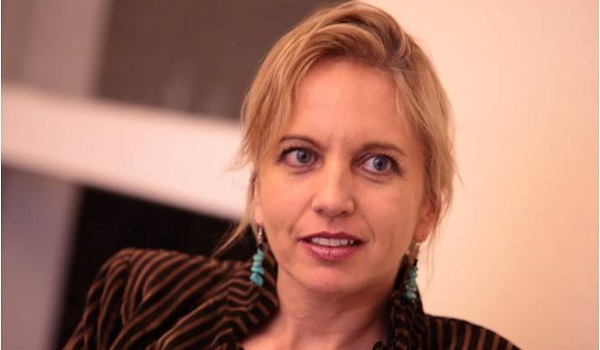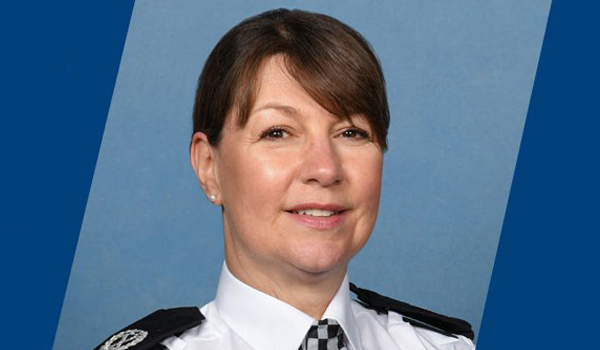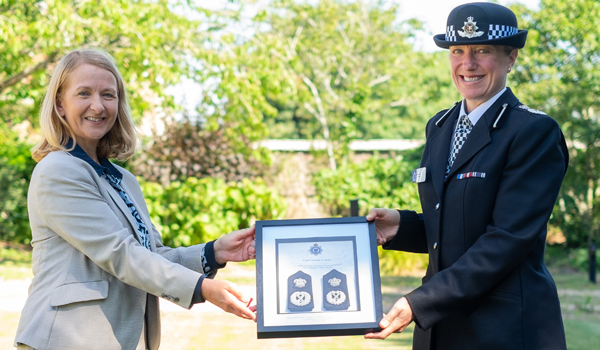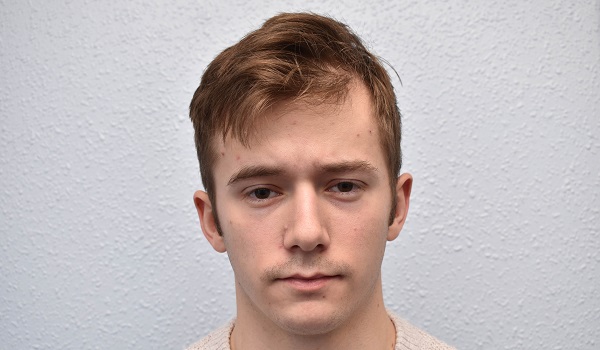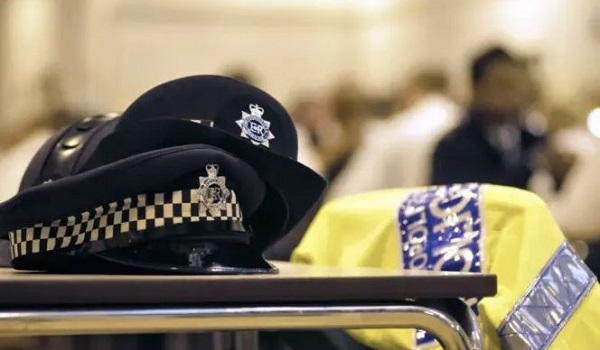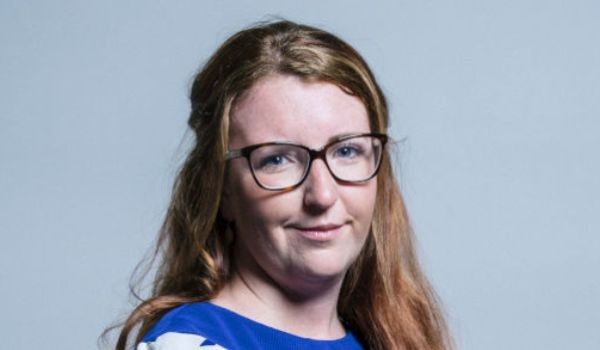Rape victims ‘lucky’ if their case gets to court within four years, MPs told
Rape victims are “lucky” if their case is heard in court within four years of making a complaint amid “increasing delays” with prosecutions, lawyers have warned.
MPs were told complainants just get fed up and “drop out of the system” as they wait for justice after reporting an allegation to police.
Senior barristers and solicitors told the Commons Home Affairs Committee on Wednesday (December 1) that a lack of resources and funding could be major factors behind the low prosecution rates for rape.
Kirsty Brimelow QC, vice-chair of the Criminal Bar Association, said: “There are increasing delays which, I have to say, is very depressing and distressing.
“Having seen – in certainly my early years of practice – how cases involving complainants and sexual offences will be expedited, now you’re lucky if the case is heard within four years between complaint and trial. And it’s not all due to do with backlog.”
Complainants “just get fed up and they drop out of the system”, she said, adding: “It’s a lot of stress, they want to move on with their lives.”
She said there had been an “increased delay” from the point of complaint to police to a charging decision.
A lack of sufficient support and communication as well as miscommunication over how their private information will be handled were all examples she raised of what could affect a victim’s decision to continue supporting the prosecution.
There is no longer a “continuous officer” assigned to the victim or the case, she said, adding that court hearings being listed, but then delayed at the last minute, sometimes leads complainants to say: “I’m not coming back.”
Figures published earlier this month showed police forces in England and Wales had recorded the highest number of rapes and the second highest number of sexual offences in a 12-month period.
It came as separate data revealed the proportion of suspects being taken to court had fallen to a record low and remains the lowest for rape cases.
Derek Sweeting, chairman of the Bar Council, said a lack of resources could be one of the main reasons behind a drop in rape prosecutions, telling MPs: “I’m suggesting it’s a very significant cause of the problems that we have within the system at the moment.”
The reduction in “capacity, ability and experience” among lawyers and police officers in this area was “endemic”, he added.
Ellie Cumbo, head of public law at the Law Society of England and Wales, said any “positive” improvements proposed as a result of reviews of policies and procedures “cannot take effect in an infrastructure that is lacking”.
Mr Sweeting added: “Without some guarantee that there’ll be sufficient resourcing, then we’re not going to be in a position to make good all of those deficits.”


